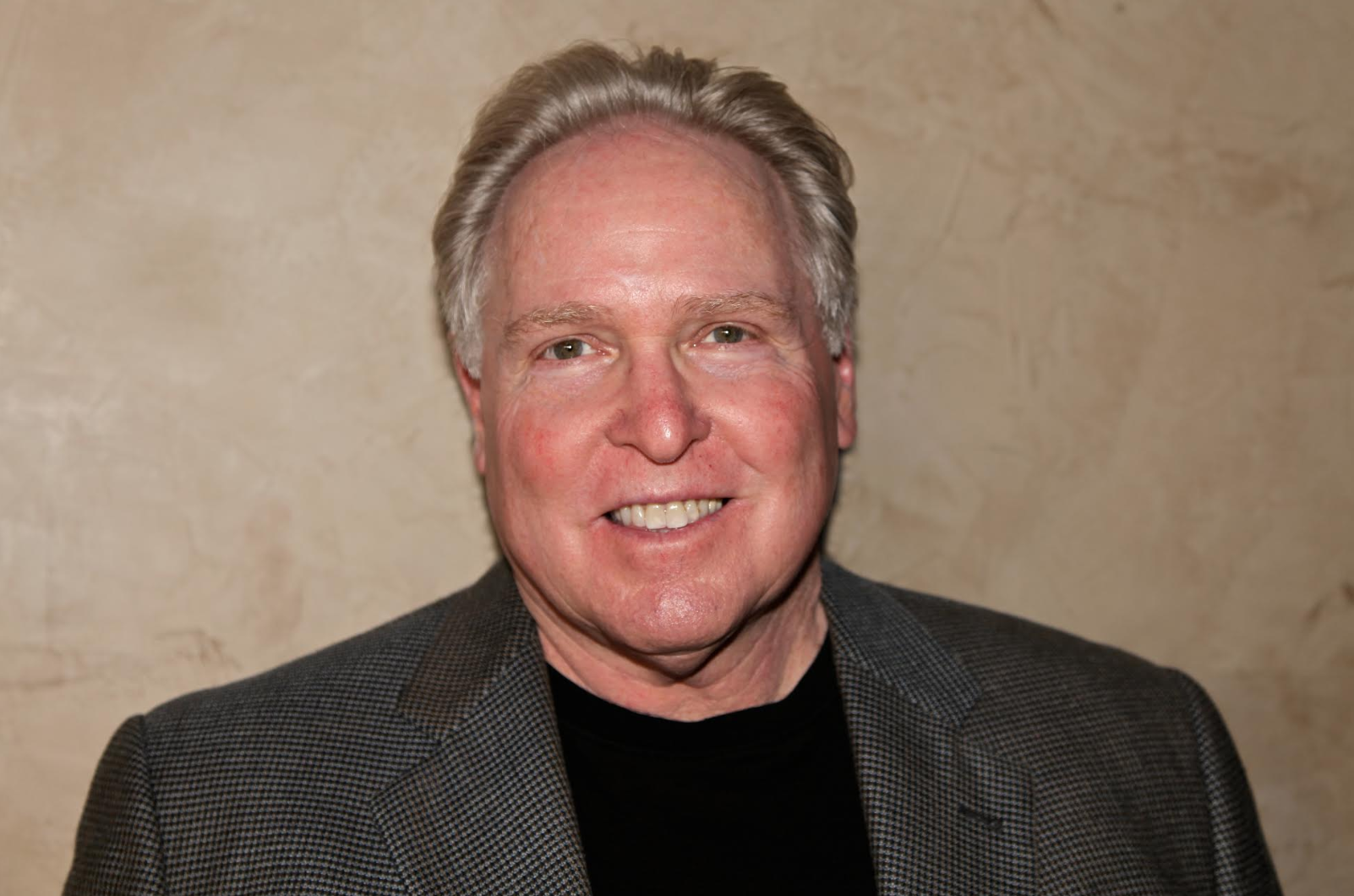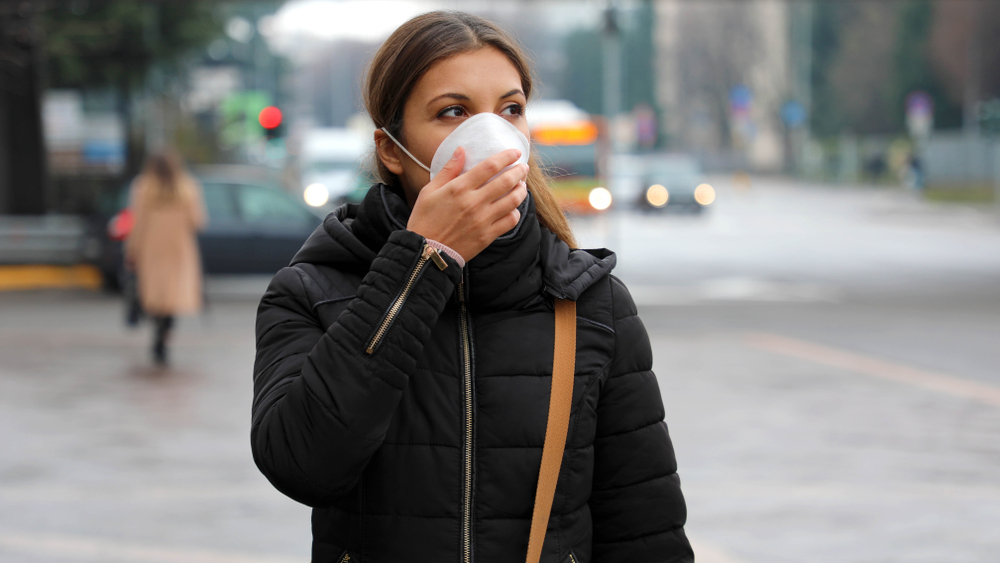Defiance comes in many forms. As we all adjust to living in a COVID-19 world, there’s a new form of it in town born of 100 percent–octane arrogance. Many of us who’ve decided not to wear a mask or physically distance — thereby putting ourselves and others at risk — are doing so with an attitude of righteous indignation.
This comes at a time of unprecedented self-sacrifice. Millions of us are voluntarily sheltering at home, wearing masks, maintaining physical distance (including from our loved ones), and performing acts of 100 percent-octane kindness, compassion, concern, and caring. Examples of good faith actors in our communities reaching out to those who are suffering, guarding the safety and well-being of others, following the science rather than the rhetoric, and supporting public policies and decisions that are most likely to curb the spread far outweigh those acting with reckless disregard.
Let’s take inspiration from the self-sacrificing doctors, nurses, and healthcare workers putting their own lives on the line and cheering COVID-19 survivors as they leave the hospital, sheltering neighbors tearfully singing to one another from their balconies, volunteers at food banks lined up to provide sustenance to their food-insecure neighbors, scientists working tirelessly to discover a vaccine, and trustworthy leaders, like New York’s Governor Cuomo, who are stepping up in our time of need to guide us.
The psychologist in me wonders how and why the mask-free who also refuse to physically distance have given themselves permission to risk the kind of community spread that takes lives and crippled our economy. I understand that some of us are in survival mode, desperate to put food on our tables and shelter our families, and we feel compelled to take risks. But that’s not what I’m talking about here.
I’m talking about those who refute the experts, frontline doctors, nurses, and research scientists because they know with 100 percent certainty what’s best. Are they acting in defiance of health directives in order to gain a certain kind of status — that of the “I’ll do what I want, and you can’t tell me otherwise,” rebel-with-a-cause? Are they trying to appear young and bulletproof, old and bulletproof, and/or fiercely loyal to a political party or rogue anti-vaccine movement — rejecting the mask-wearing, hand washing, physical distancing and other prevention guidelines as a form of insolent bravado?
There have always been rebels with — and without — a cause who’ve minimized danger and suffered the consequences. Generations of young people have modeled themselves after the bad boys (and girls), sports figures, movie stars, and icons who boldly contested social norms and bucked the status quo. Some of them were, and are, mindlessly reckless — detract from the public good and die young. They became the tragic figures of their time. And some transformed their insolence into social change, contribute to the public good and became the enlightened heroes of their day.
I had a touch of arrogance and defiance myself as a young man in the 1960s. Sitting behind my drums smoking Marlboro cigarettes, flaunting long hair and a smug look, I showed a not-so-subtle disregard, if not disrespect, for my own health, and for the world my parents lived in. Yes, I was special! And different. Thankfully, I was also lucky enough to have parents, uncles, professors, and mentors who helped me discover a world of substance and social responsibility; rise above matters of appearance and social status; and outgrow my need for a “smarter, better, and braver-than-you” identity. Fortunately, my righteous arrogant and reckless defiance turned into empathy and a humble willingness to understand the truth from many perspectives.
Some of us fail to outgrow our need for special status, and our righteous arrogance comes at a great cost. This type of reckless defiance — whether perpetuated by the young and foolish (at home and on leave from college), or the old and foolish (at home and on leave from their jobs) — represents a serious danger to ourselves, our families, our communities, our nation, and the world. Whether we’re using an irreverent attitude and/or rebellious persona to prove our worth, elevate our status, or establish our superiority — or we’re simply in denial of, and oblivious to, the ways in which we’re putting others at risk — we are accountable.
“To wear a mask and physically distance, or not to wear a mask and physically distance?” is the question for our society these days as we summon the means and resources to fight this deadly virus. Will we prioritize social status over health? Is our well-being and that of those around us enough reason to compel people to wear masks and maintain a distance of six feet? Will we become dangerously complacent, impatient, and careless after several months of staying at home? And will we allow our stubborn insolence prolong America’s valiant fight to get back on its feet?
The behavior of some young people, protestors demanding “liberty,” and others casually gathering less than six feet apart without masks as America reopens; and news reports of “Wear a mask, you jerk” fistfights and shouting matches across our nation are discouraging and disheartening, if not infuriating.
Might there be equally satisfying and less treacherous ways to demonstrate how independent, nonconformist, frightened and/or special we are than exposing those around us to a deadly virus? Might our compassion for those who are suffering, physically and economically, prevail in the days ahead as we learn even more about how to defeat this virus? Might we foster a sense of community and humanity, rather than polarize into political parties, and come together in a unified approach to restoring safety and adjusting to a new normal in our nation and our world? Might we find the strength and self-discipline to fight off counter-intuitive impulses to hug our grandkids and hold hands with our aging parents? Might we follow the lead of doctors, nurses and healthcare workers who are putting their lives at risk for all of us, and adopt a “Do no harm” and “Safety First” ethic? And might we rise up together to address the systemic economic, racial, and health-care inequities that have been unmasked by this pandemic?
I hope so, because if we don’t, if we become complacent, if we turn our backs on one another, if we reduce this global crisis to another “us versus them” affair, and if we disregard the known and unknown dangers of COVID-19 and try to fool ourselves into believing we can simply return to business as usual, it’s likely that “a hard rain’s a-gonna fall,” in the words of Bob Dylan. If not for ourselves, let’s forgo the short-lived, dangerous, and unprotected ways of achieving status and choose a path of self-sacrifice and safety for our loved ones. Their survival, the rebuilding of our economy, and the future of our nation are hanging in the balance.


